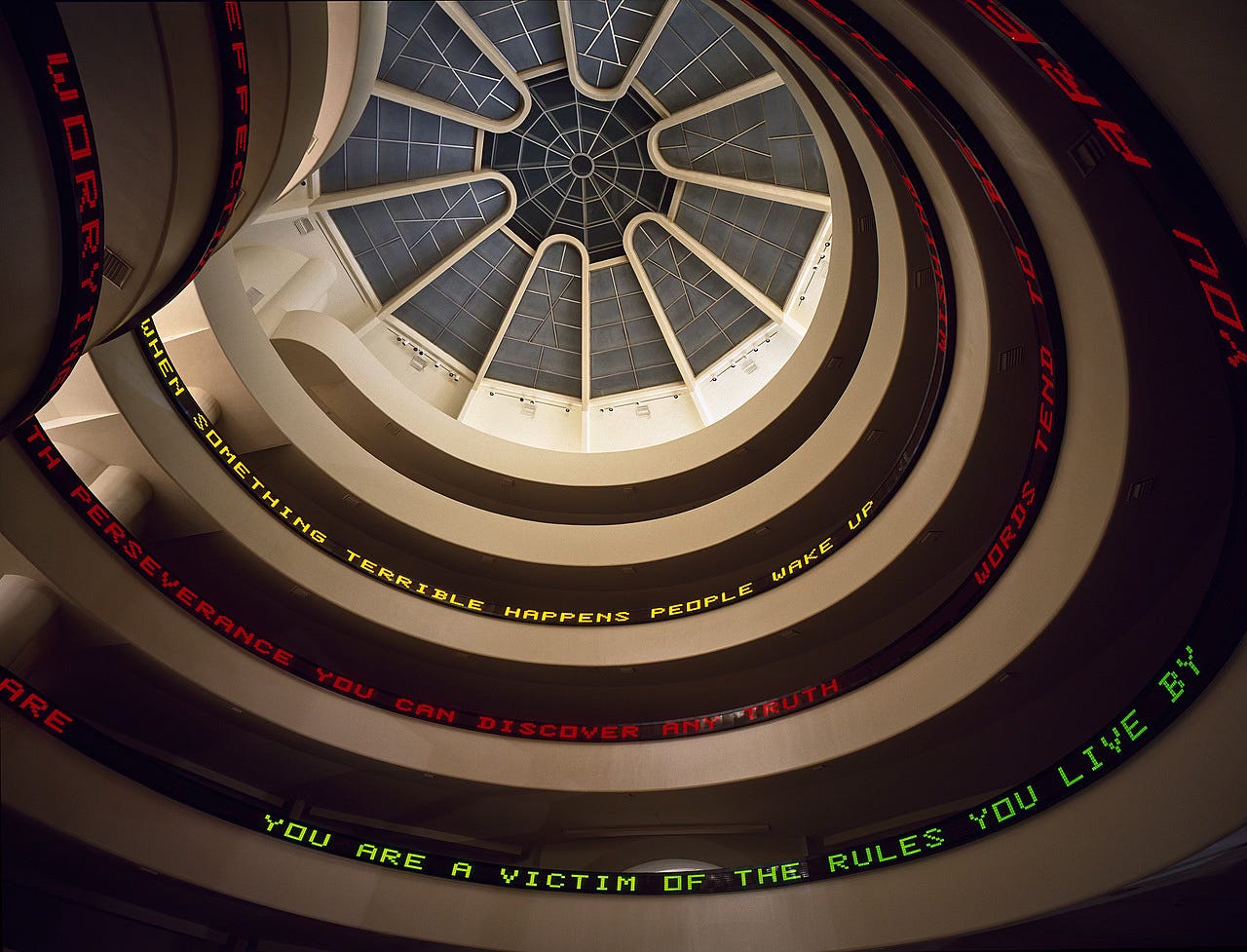
What are we hiding from?
Do we really hide in technology to avoid boredom, or is it something else entirely?
Freud famously claimed that “there is nothing arbitrary or undetermined in the psychic life.” Behaviors that may at first seem random, inexplicable, or irrational can all be made sense of when one considers their unconscious motives.
I don’t know whether this is true or not—I’m not a psychologist! But it at least seems plausible, and rings true in my life. What might at first seem like random bouts of anger or annoyance at people, for instance, very often end up being targeted at something beyond them, something I haven’t yet come to terms with. I’m not actually angry at you, but my anger is directed at you rather than at myself for my doing poorly on my exam.
I want to apply this principle, today, to some ideas about technology.
Over the past few years, I’ve struggled a lot with distractions. First, it was watching and scrolling on my phone, and then I resolved to get rid of the apps that pulled me in. Then it was scrolling on news sites, watching YouTube, and, more recently, reading Substack. This isn’t to say that these things have been paralyzing for me. But I constantly have the feeling that I could be doing more if only I weren’t wasting my time watching video essays on YouTube.
As a result, I’ve ended up watching a lot about how to be ‘more productive,’ how to ‘reclaim your screentime’ (ironic?). And, watching these videos, I’ve noticed that there are a few trends in how we understand the decision to engage in doomscrolling or spends an afternoon watching YouTube videos as well as what it costs.
It goes something like this. There is value to sitting with boredom, sitting with silence. That’s, for instance, where creativity comes from. But it’s hard, and we, of course, prefer instant gratification. We prefer the quick TikTok video rather than reading the novel. So, we forego the novel altogether to scroll forever.
I think at first glance this explanation is appealing. People often even give it themselves: “Yes, I have a problem: I know. I can’t stand reading; it’s too slow!”
Precisely because we readily give and accept this explanation, however, we ought to be skeptical of it. These devices and platforms eat up our time like there is no tomorrow. I regularly meet people who spend five, six, or even seven hours on their phones every day. Given how hard it is to overestimate the extent to which this technology shapes our lives, it is worth asking: how could the explanation for such a large effect be so easy to palate? Shouldn’t it be a gut-wrenching realization? No: we nod our heads, intellectualizing, as we collectively mourn (while shedding remarkably few tears) our attention spans.

Hence the Freud quote. Nothing in our psychologies is arbitrary or undetermined; it all has an explanation. But the explanation better damn well account for the behavior. And I don’t immediately see how an aversion to boredom could cause us to lose so much time.
This is made all the more clear when we consider how little impact the explanation tends to have on us. It does not have the resounding effect that normally accompanies self-knowledge. Rather, people often admit they can’t handle boredom and continue on scrolling. In light of this, we need to at least consider that an ‘aversion to boredom’ isn’t an explanation at all.
But if not an explanation, what is it? Why would we all believe that we are hiding from boredom when, in reality, we’re doing something else? What I want to suggest is that it is, instead, a form of compromise.
And here is where the title of this piece becomes applicable. If understanding ourselves as hiding from boredom is a compromise—an explanation that serves merely to pacify us in our search for self-understanding, to prevent us from looking for and uncovering the real reason we scroll—then quite a natural question follows: what is it a compromise for? What are we really hiding from when we do what has already become so normalized: scrolling indefinitely, clicking random buttons, or scrolling on the weather app to avoid social contact? It sure as hell isn’t plain boredom. So what, then, is it?
Let me know if you figure it out.






Interesting, I usually tend to view the screens' attraction as sort of an addiction, rather than a flight from something else. But your view actually might make more sense, at least to me personally, as most of the time, it really does feel more like evading something than going somewhere.
I for my part am mostly hiding from real life, I'm afraid. Real life is to struggle, going the way of the least resistance is living the life of a plant. But to struggle is uncomfortable, and why should we? We've overcome the need to, an everlasting source of numbing comfort at our fingertips.
Aldous Huxley had said about his Brave New World, that the discovery of "the ultimate drug", something giving pleasure without any hangovers or the like, would inevitably reduce humanity to something like an eternal useless machinery, with (most) everyone becoming just a mindless happy cog (not his exact words). Wonder how he would feel about doomscrolling.